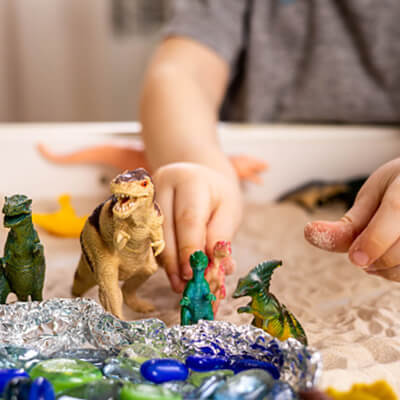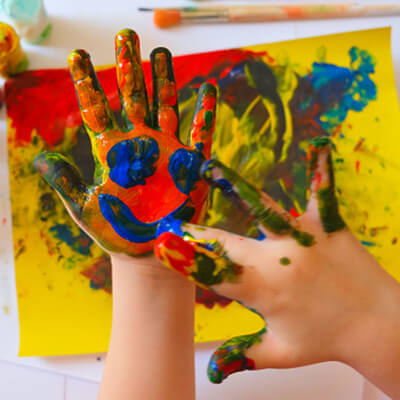Play Therapy in Leeds
The Play Therapy Space at Crossgates, Rothwell, and Colton Chiropractic Clinics offers one-to-one therapy sessions to children and young people experiencing emotional distress, impacting on their behavioural responses, day-to-day functioning and/or enjoyment of life.
 Play therapy sessions support children and young people, in finding resolution to emotional struggles and helping build emotional resilience for the future.
Play therapy sessions support children and young people, in finding resolution to emotional struggles and helping build emotional resilience for the future.
What is Play Therapy?
Play therapy is for children, what talking therapy is for adults:
Toys work like the child’s words and play is the child’s language.”
(Landreth, 2002)
Play therapy is an effective therapy that helps children modify their behaviour, explore their identity and build healthy relationships. Play therapy enables children to consider and acknowledge their feelings, also acting as a safe emotional outlet. It helps them to learn that it is okay to ‘feel’, and teaches them how to cope with feelings in a safe and constructive way. Play therapy helps children find healthier ways of communicating, develop fulfilling relationships, increase resiliency and facilitate emotional growth and wellbeing.
How Can Play Therapy Help?
Our play therapist, Liz Mould, works with children who have experienced or are experiencing upsetting, traumatic or complex events in their lives which trigger a range of psychological difficulties and behaviours. Play therapy can be used to help children (inclusive of children with neurodiverse conditions, learning disability or difficulties, medical or genetic conditions) exhibiting:
- Emotional distress
- Communication difficulties
- Behavioural difficulties (withdrawn/defiant/oppositional/impulsive/aggressive)
- Heightened anxiety/worry
- Hyperactivity/concentration difficulties
- Social integration/peer relationship difficulties
- Delayed speech/limited verbal communication
- Bedwetting (no medical reason)
- Nightmares
- Low self-esteem/self-worth
- School-related anxiety/Emotionally-Based School Avoidance (EBSA)
- Out of character/sudden change in behaviour
- Attachment related behaviour

What Do Play Therapists Do?
The role of a play Therapist, is to create a safe and warm environment where a child feels free to explore and express his or her feelings and experiences. As a child recreates and expresses feelings through stories and play, the therapist uses skills to understand the underlying emotions. The play Therapist’s aim is to gently encourage each child to become aware of their feelings and to engage in problem-solving. Ultimately, this empowers the child to express their feelings appropriately and to find resolutions to their emotional struggles. Over time, the child may develop strategies of how to deal with situations in the real world more appropriately.

What Happens During A Session
During play therapy, the child leads the session and is given the complete freedom of choice to play without constraint, within safe and secure boundaries, which allows them to express themselves verbally, physically or with play resources. There are a range of play materials from which the child may choose, consisting of music, painting/drawing, sand play and small figures, dolls house, movement, role-play/dressing-up, malleable resources, books, masks and puppets.
The play Therapist is non-judgemental in nature and is fully accepting of the child, regardless of their behaviour presentation and emotional struggles. This acceptance and permissiveness a child experiences within their sessions, allows them to develop a trusting, therapeutic relationship with their play Therapist, enabling them to explore difficult or uncomfortable experiences and associated emotions safely.
How Long Are Play Therapy Sessions?
Play therapy sessions are 50 minutes long and are usually held on a weekly basis. The number of sessions a child requires will depend upon the severity of their difficulties and will be reviewed at regular intervals, along with the child’s progress.
Play therapy is a form of counselling and therefore therapy sessions are confidential. This means that the child is welcome to talk freely about their sessions if they so wish, but the therapist is not. However, their progress will still be discussed during review meetings and the Play Therapist may ask the child for their consent to share information with a parent, if it’s felt this would be of benefit to the child. Play therapy can be booked at our Crossgates location.
